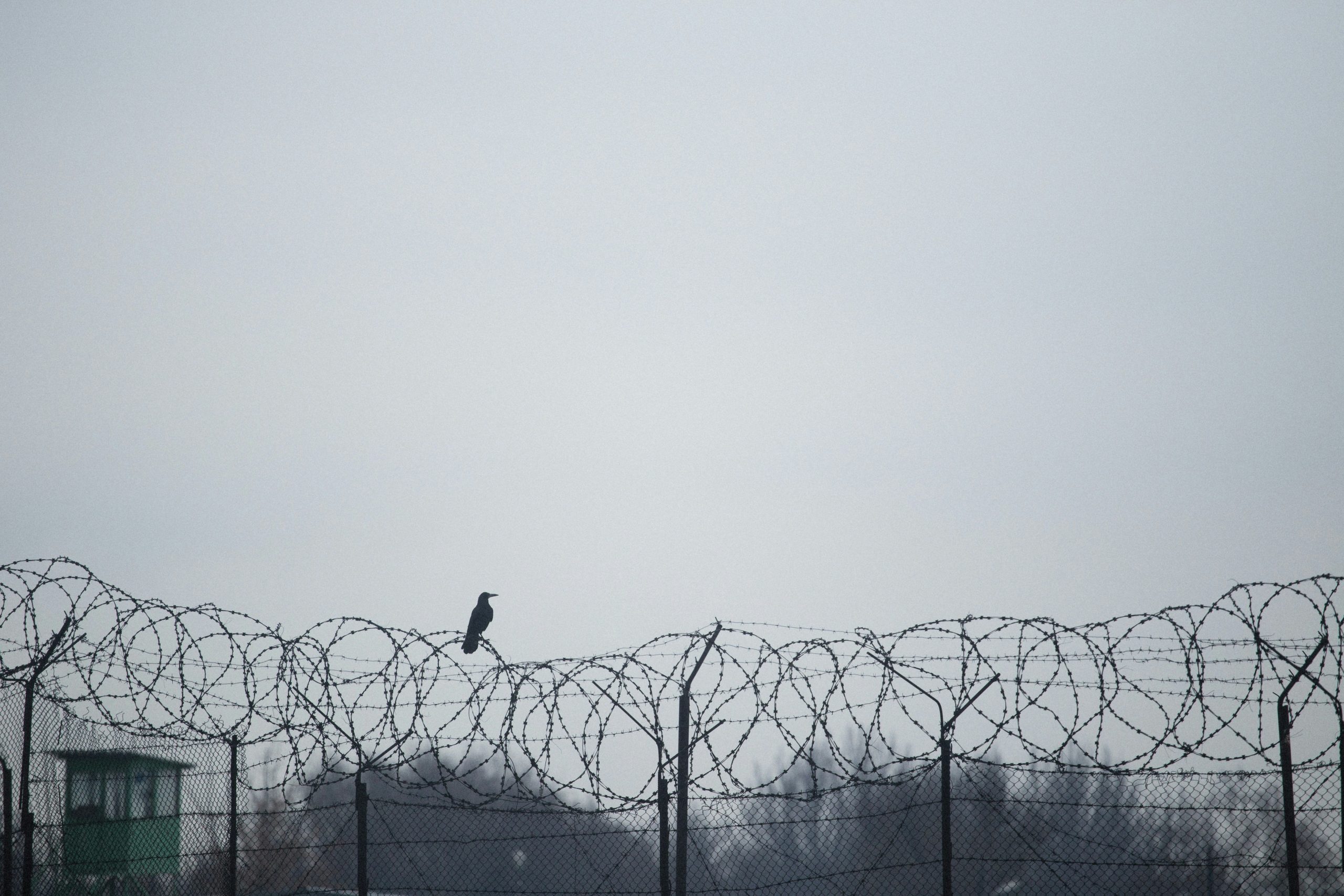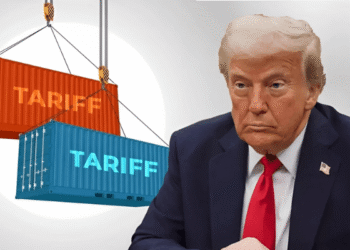The United States has secured controversial bilateral deportation agreements with Honduras and Uganda as part of its aggressive expansion of immigration enforcement policies, according to documents obtained by CBS News.
The arrangements will see Uganda accept an unspecified number of African and Asian migrants denied asylum at the US-Mexico border, while Honduras agrees to receive several hundred deportees from Spanish-speaking countries over a two-year period.
These agreements represent the Trump administration’s latest effort to circumvent immigration bottlenecks by sending migrants to third countries rather than their nations of origin.

How the Honduras and Uganda Deportation Deals Work
Under the agreement terms, Uganda will accept deported migrants without criminal histories, though the final numerical cap remains undefined. Honduras committed to receiving families traveling with children among several hundred deportees, with documents indicating potential for expanded numbers.
Both nations join a growing network of deportation partners that includes Paraguay, Rwanda, Panama, and Costa Rica—creating a multi-continent system for offloading migrants denied US asylum claims. The State Department recently characterized such arrangements as “burden-sharing” agreements for managing illegal immigration flows.
Human Rights Organizations Condemn Third-Country Deportation Strategy
Human rights campaigners immediately condemned the policy, warning migrants face potential harm when sent to countries with questionable human rights records. Advocacy groups note Uganda maintains anti-LGBTQ+ laws and political instability, while Honduras struggles with gang violence and weak institutional protections.
The criticism echoes concerns about Rwanda’s agreement to accept up to 250 migrants—a deal that allows Kigali to approve individual cases despite its controversial human rights history. UN experts argue these removals may violate international law protections against refoulement.
The policy expansion follows a June Supreme Court decision clearing the way for Trump to resume deportations to countries other than migrants’ homelands without allowing judicial consideration of potential risks.
The 6-3 ruling split along ideological lines, with dissenting justices Sonia Sotomayor, Elena Kagan, and Ketanji Brown Jackson calling the decision “a gross abuse” of authority.
This legal victory empowered the administration to approach additional countries including Ecuador and Spain, though European nations have largely resisted becoming deportation destinations.
Why It Matters
Since inaugurating his second term, Trump has embarked on sweeping efforts to remove undocumented migrants—fulfilling a core campaign promise that drew mass support from his base. The Honduras and Uganda agreements represent the administration’s strategic pivot toward third-country solutions after facing challenges deporting migrants directly to their home countries.
Government documents reveal an ambitious diplomatic push targeting nations across Central America, Africa, and even Europe to create a global network for handling US-bound migrants denied entry.
The Honduras and Uganda agreements fit within a pattern of at least a dozen nations accepting deported migrants from other countries through US-negotiated arrangements.
The administration’s “safe third country” agreement with Paraguay and similar deals with Central American nations create alternative pathways for handling migration flows outside traditional asylum frameworks.

















